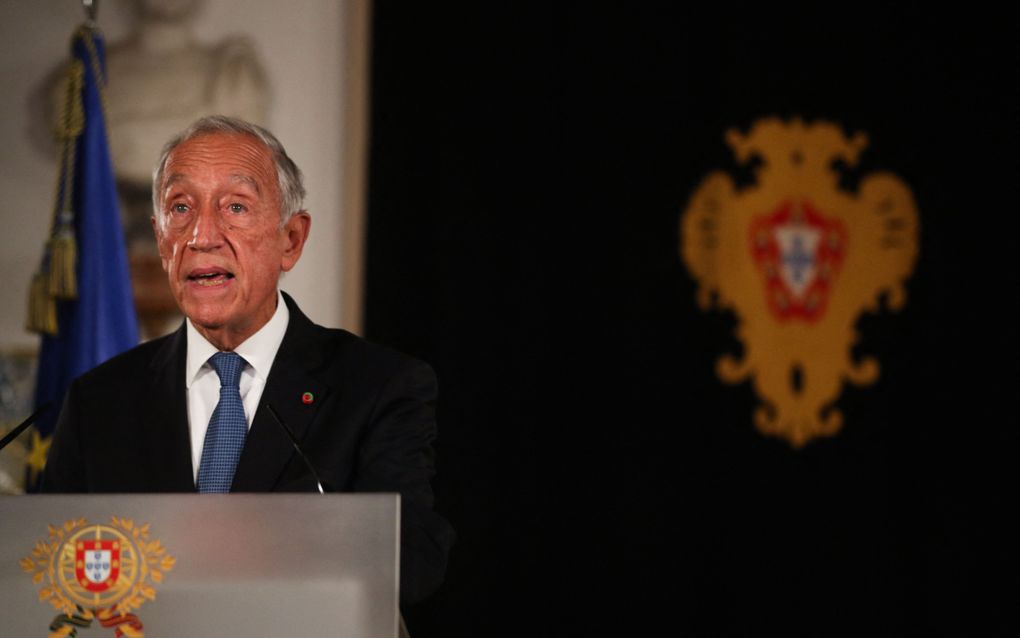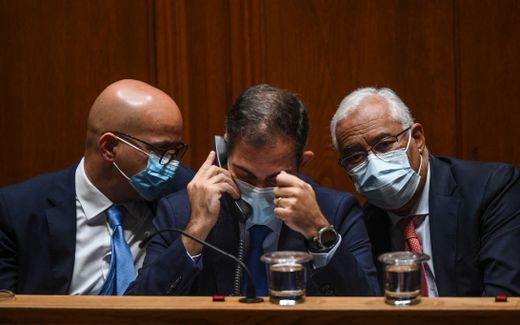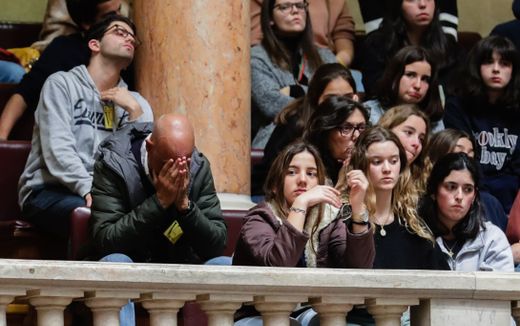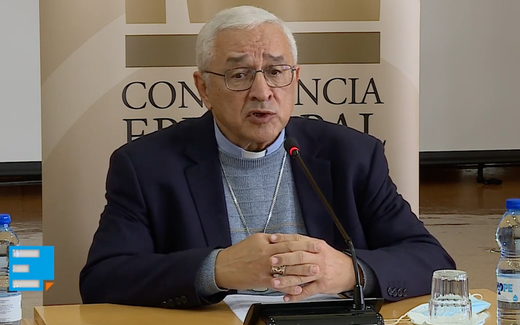Portuguese president vetoes euthanasia bill for second time

Photo AFP, Carlos Costa
Southern Europe
Portugal’s president Marcelo Rebelo de Sousa has vetoed the euthanasia bill for the second time. The parliament has to debate this step, but it might be that the elections in January will create a new situation.
The president found that the new bill that was approved by parliament is too vague. The text does not only say that euthanasia is allowed in case of “fatal disease”, but speaks also about “incurable disease” and even “serious disease”. The president asks the Assembly of the Republic (the uni-cameral parliament) to clarify whether life-terminating action is allowed in case of serious illness but not fatal. The Catholic platform Ecclesia writes about this.
The bill does not only legalise euthanasia for the terminally ill. It also gives rules for medically assisted suicide.
Catholic doctors happy
The Association of Portuguese Catholic Doctors (AMCP) welcomed the decision of the president. In a statement the doctors say they work for the “defence of human life” in all circumstances and “cannot be agents of death”.
The Catholic doctors call for investment in palliative care and promote better circumstances for “the most fragile and vulnerable in Portuguese society”.
Bishops had asked for veto
The move by the president can be seen as an answer to the Portuguese Bishop’s Conference (CEP). That asked the “highest authorities” in the country in November to stop the move towards legalising euthanasia.
Lawmakers can overrule the veto. But time is very short to debate the issue, Politico reports. It is not sure whether there will still be a majority behind legalisation of euthanasia after the elections.
Reactions from the pro-euthanasia majority are quite critical. The president, however, has a so-called “moderating power” in the Portuguese system. He is directly elected by the people and is more than just a formal head of state. Most of the executive power lies with the government. But the president can block laws he judges unconstitutional or order judicial review.
Related Articles






